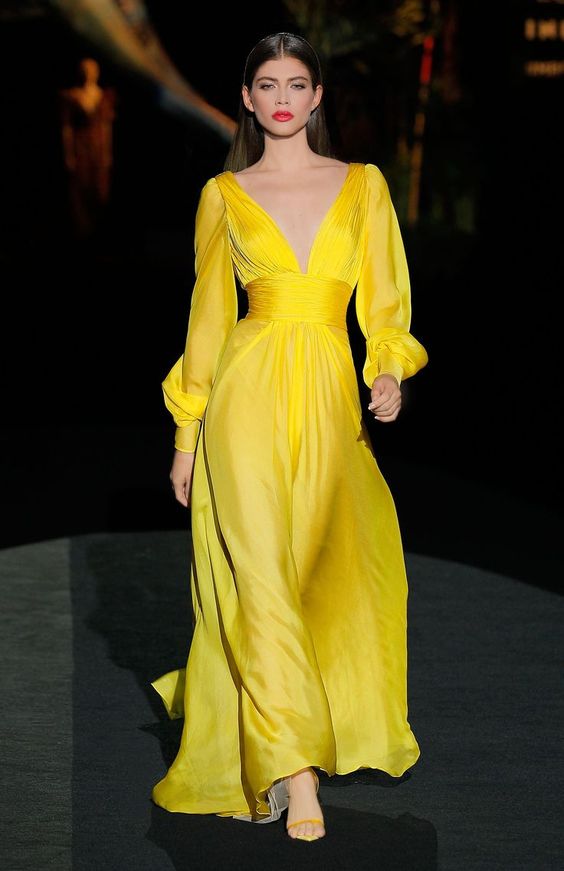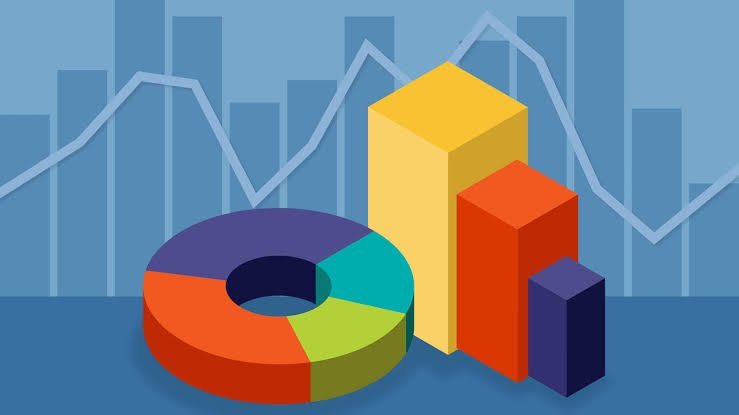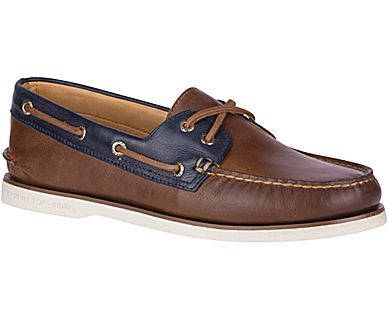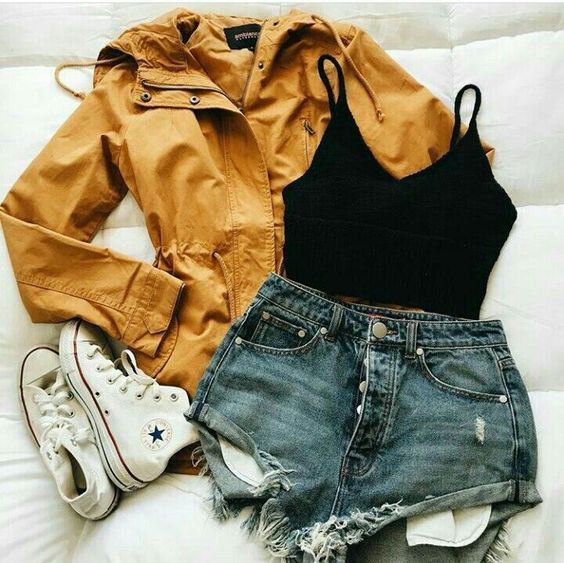Right here on Buy and slay, you are privy to a litany of relevant information on Cute outfits for florida vacation, packing List for Florida Beach Vacation, what to wear in florida in October, and so much more. Take out time to visit our catalog for more information on similar topics.
So you’re going to an alex and ani interview? Awesome! Interviews are by far the most stressful part of the job application process, but it doesn’t have to be. This article will walk you through the stages of interview preparation, from how to dress on interview day, to doing mock interviews, to what accessories you should bring on your alex and ani interview day.

What to wear to an alex and ani interview:
What to wear to an alex and ani interview, how to wear alex and anim, what to wear to an it job interview, what do you wear to an interview these days, what to wear to an interview in fashion, dress for an interview, what to wear when going for an interview, what to go with to an interview
If you have a job interview at Alex & Ani, it’s important that you are dressed appropriately. The company’s dress code is very casual and relaxed, so there is no need to worry about wearing a suit or dress shirt. However, there are some things to keep in mind before you head out the door.
Alex & Ani is an extremely laid-back company that wants its employees to feel comfortable at work. As such, it’s important that you dress in a way that fits in with the culture of the office. The best way to do this is by wearing clothes that are comfortable and easy-going.
For men, khaki pants or jeans are perfect for an interview at Alex & Ani. You can also wear shorts or slacks if they’re long enough so they don’t look too casual. For women, pantsuits and skirts work well during an interview at Alex & Ani as well as dresses and blouses with slacks or jeans underneath them.
For an interview with Alex and Ani, dress in business attire. When you arrive at the interview, take notes and ask questions.
Dress for success, so that you will make a good impression on the company’s hiring managers. Also, wear clean and presentable clothes to your interview.
Wear comfortable clothes to your interview that are appropriate for the weather conditions of the day. Do not wear anything too formal or too casual.
When you’re going to an interview, it’s always a good idea to dress up. You want to make sure that you are making the right impression.
This is the first impression that your potential employer will have of you, so it’s important that you look your best and that you have everything together.

The best outfit for an interview
Dress code at a company is often determined by the industry, or even by the specific company itself. In general though, you should dress one level above the dress code of the job you are applying for. For example: If the job calls for business casual attire (khakis and a button-down shirt), then show up in a suit. You want your interviewer(s) to think that if they hire you they will be getting someone who is already part of the team.
Here are some tips for what to wear when going for an interview:
1) Wear clothes that fit properly. This is important because if your clothes don’t fit properly then they will not look professional or stylish.
2) Make sure your clothes are clean and wrinkle free. Wrinkles may be hard to avoid but they can be minimized by hanging up your clothes after wearing them. Also, don’t forget to iron your shirt before putting it on because wrinkles make a bad impression!
3) Try not to wear too much jewelry or accessories like hats and scarves for interviews because this makes it harder for people to focus on what you’re saying rather than what you’re wearing!
What to wear to an interview: The outfit you choose for your interview should reflect your personality and show that you are professional and well-prepared.
What to wear: Wear clean, pressed clothing, without holes or stains. Avoid overly flashy clothing that could distract from the message you’re trying to convey. For men, a dark suit and tie is appropriate; for women, a skirt and blouse or pantsuit will work well.
What not to wear: Avoid wearing too much make-up or perfume. You don’t want them thinking about how much they hate your perfume when they’re deciding whether they want you on their team! It’s better to err on the side of too little than too much when it comes to these items.
Key points: Be sure your clothes fit well and aren’t too tight or loose. If necessary, have them altered by a tailor before your interview so they look professional and flattering.
What to Wear for an Interview
You’ve got the interview date set, the job description memorized and you’re ready to conquer the world. Before you jump into the driver’s seat, make sure your wardrobe is ready for success. Your outfit says a lot about who you are and how you present yourself to others.
For most interviews, you’ll want to dress professionally. This means no jeans, t-shirts or flip flops. You should also avoid any clothing that is too revealing, such as low-cut tops and short skirts. When in doubt, opt for conservative clothing that’s still fashionable and flattering. Avoid bright colors and prints that make you stand out too much from the rest of the crowd.
If you’re going to be in front of a panel of people, you want to dress in a way that makes them think about your skills, experience and personality. You’ll also want them thinking about how great it would be if you worked for them. Here are some tips on what to wear when going for an interview:
Dress conservatively — but don’t overdress. You don’t want to stand out from the crowd in a bad way. You also don’t want to look like you’re trying too hard or dressing up for someone else’s pleasure or amusement.
Be clean and tidy — no holes or stains on your clothes or shoes (unless they’re clearly part of the style).
Avoid bold patterns or colors — unless they’re part of the company’s culture or brand identity.
When it comes to dressing for an interview, there’s no one right answer. It all depends on where you’re interviewing and the type of job you’re pursuing.

Dress for an Interview: What to Wear
The first thing to consider when dressing for an interview is the type of position you’re seeking. If you’re interviewing with a creative firm or in a creative field, then you may want to wear something a bit more trendy and eye-catching than if you’re applying for a more buttoned-up position. For example, if you’re looking for a job at an advertising agency, then wearing something like a suit might not be the best choice. You don’t want to look too stuffy or formal when applying for these kinds of positions — creativity runs rampant in these fields and that style needs to come through in your attire as well!
What to wear to a job interview can be one of the most daunting aspects of the process. You want to look professional and put-together, but you also don’t want to overdress. Plus, it’s important to consider the culture of the company you’re interviewing with. For example, if you’re interviewing for an entry-level position at a financial firm, you may want to dress more conservatively than if you were interviewing for a similar position at an advertising agency.
Here’s what experts recommend:
Dress conservatively. Unless you’re applying for a job that requires casual dress (e.g., retail), it’s best to err on the side of caution when choosing your outfit for an interview. The last thing you want is for your outfit to distract from what you have to say during the interview — or worse yet, make an interviewer question whether or not they’d hire you based on how well dressed you are or aren’t.
Choose a classic color palette: Black or navy blue suits/blazers and white shirts work well, as do neutral colors like browns and grays (though they don’t stand out as much). Avoid bright colors unless they’re absolutely necessary (for example, if it’s required by your industry or if
In the modern working world, most interviews are held in a business setting. This means that there are some uniform guidelines for what to wear when attending an interview. The decision about what to wear for an interview is a personal one, but it is important that you follow the rules of etiquette and dress appropriately for the job you are applying for.
For men, the following are general guidelines:
Suits should be dark blue or grey and worn with a white shirt and tie. Avoid double-breasted jackets as they can make you look too wide. Black shoes should be worn with dark trousers and brown shoes should be worn with light trousers. Suits should not be worn if they have a visible stain or tear.
Women should wear conservative business attire, such as a suit or trouser suit in dark colours such as navy blue or black. They can also wear a skirt suit or separates in these colours if they prefer them to a dress or skirt and blouse combination. Women should avoid wearing jewellery which may distract from their appearance during an interview; rings and necklaces should be removed before attending an interview unless they are part of the company’s dress code (for example, nurses).

Both men and women:
You’ll want to dress professionally and appropriately for the role you’re interviewing for, but that doesn’t mean you have to wear a suit.
Depending on the company or industry, the dress code might be more casual.
For example, if you’re applying for a job as an assistant at an advertising agency, then it’s likely that you will be expected to wear something more creative — perhaps a shirt with a quirky design or even just plain white T-shirt.
If you want to make sure you’re dressing appropriately for an interview, then look at the company’s website or call up their HR department and ask what they would recommend.

What Not to Wear to an Interview
It’s important to dress appropriately for a job interview. If you show up in jeans, t-shirt and tennis shoes, even if they’re designer jeans with a silk pocket square, it sends the wrong message. The same goes for flip flops or sandals with no socks. You’re not going on a day trip to the beach (unless there’s a water cooler involved). Dressing appropriately shows that you take this opportunity seriously and want them to take you seriously as well.
Wear clothing that fits well. Your clothes should be clean and pressed, with no stains or tears in them. Make sure your shoes are polished and clean as well. If you are worried about your shoes being scuffed up from walking from the parking lot or train station, bring along shoe polish and use it before your interview begins so it will be easier for you when you walk into the building. If there is snow on the ground outside and you have boots on, put some shoe polish on them now too so they will be nice and shiny later on in the day when you go into your interview.
For a job interview, you want to look sharp and put-together; it’s the first impression you make. You should also dress for success in terms of the culture of the company, so get some intel from the hiring manager or HR about what to wear.
If you’re not sure what to wear or what to bring with you, here are some tips on dressing for an interview:
Men’s Interview Attire
Women’s Interview Attire
The best outfit for an interview is the one that makes you feel confident and comfortable.
The best outfit for an interview is the one that makes you feel confident and comfortable.
A good rule of thumb: Choose something that allows you to move around easily and breathe freely.
For example, if you’re interviewing at a bank or law firm, wear clothes that are business-casual and somewhat conservative. You can always add personal touches (like a scarf or jewelry) to make it feel more personal.
If you’re interviewing for a job, the first impression you make is crucial.
You may have years of experience and be the perfect fit, but if you look like a slob or a goofball, it could cost you the job.
The best way to ensure that you make a good impression? Dress appropriately for the interview.
The following tips will help guide you through the process:

Dress for Success
The first thing people notice about someone is their appearance — so make sure yours is on point! Dress professionally, but don’t go overboard with expensive suits or designer clothes unless your prospective employer offers that kind of position or environment. Just make sure everything fits properly without any stains or tears — it can be hard enough finding work without having
What to Wear to a Job Interview
On the day of your job interview, you need to look your best. A good first impression is key, so you’ll want to be as prepared as possible.
How much effort should you put into your appearance? That depends on the type of job and company you’re applying for. It’s generally safe to dress up more if the position is professional or managerial in nature (such as an office manager or accountant). However, if the job is blue collar or customer service-oriented, it may be better to dress down a little bit.
The answer is simple: wear whatever makes you feel confident.
It’s important to dress for the job you want, not the job you have. So if you’re interviewing for a creative position and you love to wear bold colors, don’t be afraid to do so. That said, here are some general rules that will help ensure that your outfit is appropriate:
Wear something that makes you feel good about yourself. This sounds cliché, but it’s true! If you’re not comfortable in what you’re wearing, it will show on your face and in your body language. You’ll also be distracted by how uncomfortable your clothes are (and no one wants an interviewee who is fidgeting the entire time).
Make sure all of your clothes fit properly and are clean. Don’t wear something too short or too tight — even if it looks cute on someone else! You want to make sure that everything fits correctly so that you can give 100% of your attention to the interviewer(s) without worrying about whether or not anyone can see up your skirt or down your shirt (trust me — they can).
Dress to impress
Dress to impress. It’s a simple rule that goes back to the days when we used to wear suits and ties, but it still applies today. If you want to get a job, you need to look like you can do the job. If you want to look like you can do the job, then you need to dress appropriately.
What are appropriate interview clothes?
The first thing is not to be overdressed. A suit might be too formal for some industries, but it shouldn’t be too casual either (unless your interviewer specifically tells you that he or she doesn’t mind). A shirt and tie or blouse and skirt will usually be fine for an interview in most industries (excepting jobs where wearing a uniform is necessary).
What about shoes?
Wear closed-toe shoes with laces or buckles if possible—no slip-ons. They should also be polished and clean: no scuffs or marks on them at all! This helps show that you care about how you present yourself, which is important in any job interview situation!
What Do You Wear To An Interview These Days?
You don’t have to wear a suit for your interview, but it’s best to wear something that looks professional and fits well. A skirt suit is always appropriate and can be dressed up or down depending on the situation. If you’re interviewing at a casual company, try wearing slacks with a blouse or top instead of a dress shirt with a suit jacket. You might even want to use accessories like scarves or jewelry to add personal style while still looking professional enough for work.
What to Wear to a Job Interview
Dress for the interview as you would dress for a date. This means that you will want to look professional, but not stuffy or uncomfortable. You don’t need to wear a suit and tie, but you should err on the side of more formal than less formal.
What type of clothing should I wear to an interview?
Think about how much money someone makes in their role. If they earn £30,000 per year and are interviewing for a job that pays £40,000 per year, it’s likely that they’ll be dressed in more expensive clothes than someone who earns £30k per year and is interviewing for a job that pays £20k per year.
Some companies have dress codes in place where they expect employees to wear business casual attire — this means no jeans or sneakers — but even if there isn’t an official dress code policy set in place by your potential employer, there are still some things you should avoid when picking out an outfit:
Jeans: Jeans have become so popular that they’re now considered acceptable office wear — but only if they’re dark blue or black and paired with dress shoes
When it comes to dressing for an interview, there are a few things you should remember.




